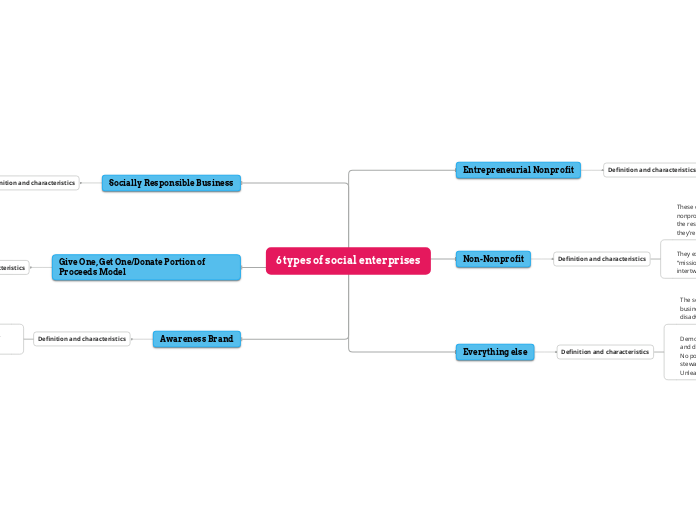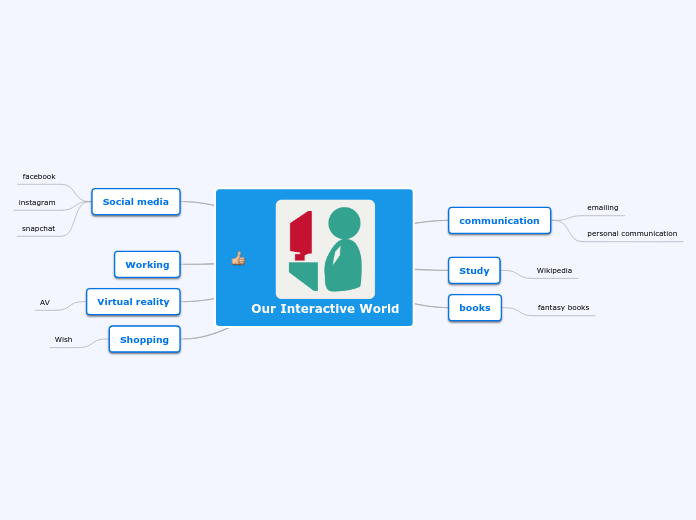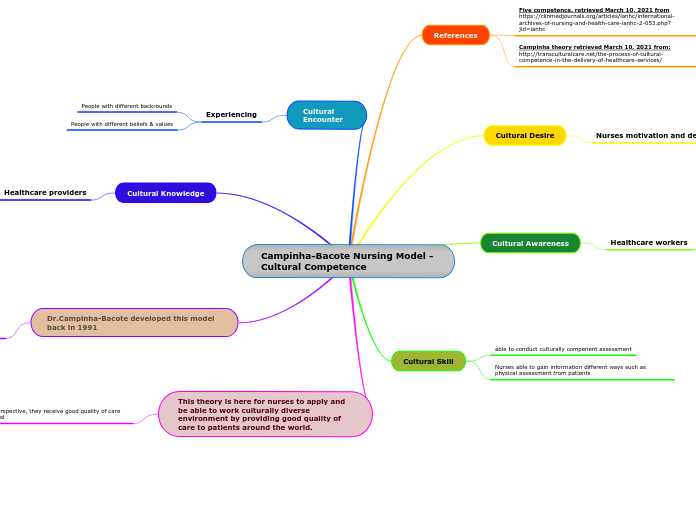by lucciano alcaraz 1 year ago
87
1. Entrepreneurial Nonprofit These are tax-exempt entities supported, at least in part, by earned income (although I’ve seen it argued once or twice that an innovative nonprofit idea, even without earned income, makes the cut). To reach entrepreneurial
There are various types of social enterprises, each with distinct characteristics and methods of operation. The Non-Nonprofit model focuses on addressing social issues while generating revenue, effectively blending social mission with business practices.









